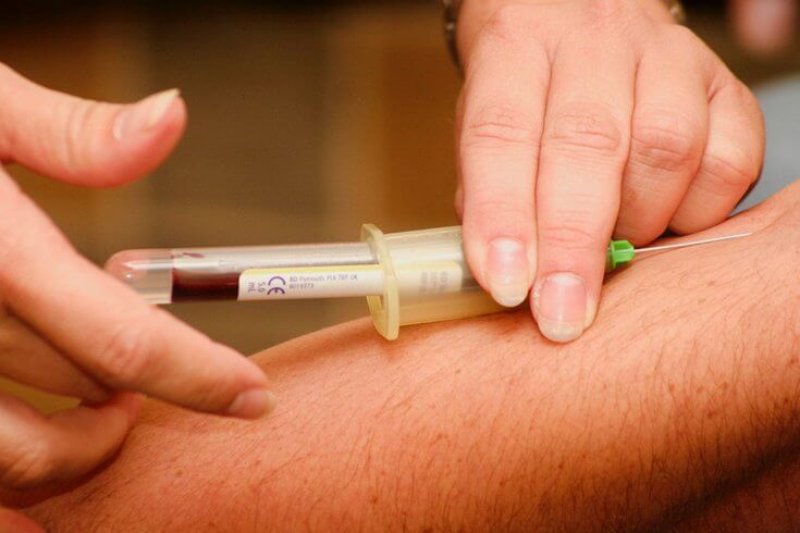The slow-burning fuse of Alzheimer’s creates a terrible predicament for doctors, patients and the scientists working to develop therapies: Once symptoms appear, so much damage has already been done that it may be impossible to reverse. This might explain why clinical trials for experimental drugs intended to slow or reverse the cellular damage caused by Alzheimer’s disease have so far yielded one demoralizing failure after another.
…
Many researchers now believe that those clinical trials may have failed because the experimental drugs were given too late in the course of the disease. Some of the same drugs — or new ones — might have a better chance if administered earlier, even before symptoms appear. It’s a hypothesis with logical appeal, but it’s still unproven. And it depends on the ability to detect signs of Alzheimer’s in people who aren’t yet experiencing symptoms.
In recent years, scientists have developed several methods for doing just that. The best-established biological markers are based on brain scans and tests of cerebrospinal fluid. More recently, researchers have finally made major breakthroughs in their decades-long pursuit of a simple blood test for Alzheimer’s-related proteins. These biomarker tests have clarified how the disease progresses, and they’re now widely used in Alzheimer’s clinical trials. They’re not yet commonplace in clinical practice, but that’s likely to change in the next few years.































